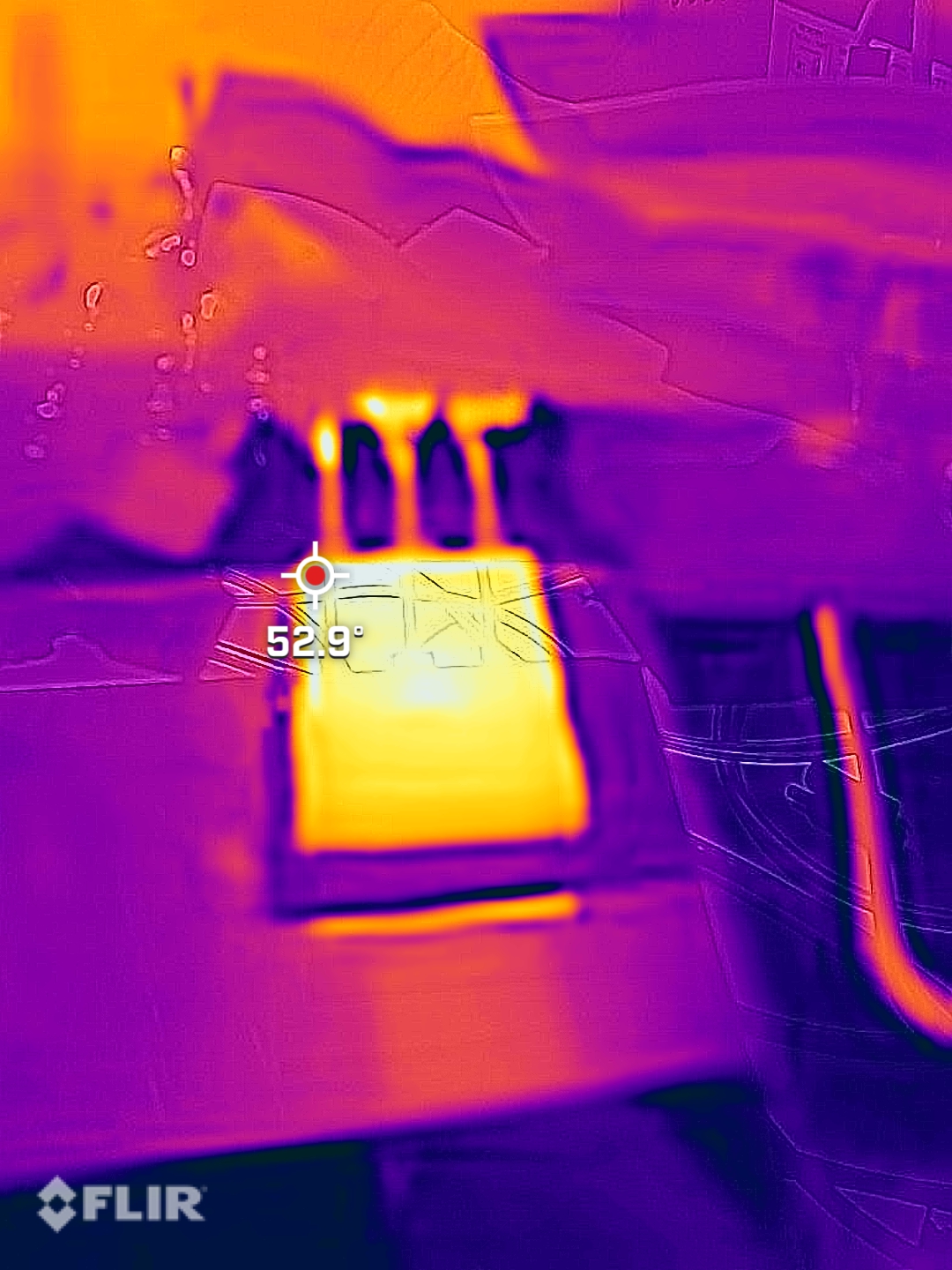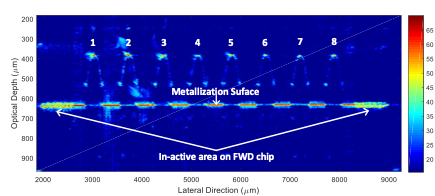
Reliability Monitoring
of
Power Electronics
Silicon Carbide (SiC) power MOSFETs have gained attention as the key technology to next generation power electronic applications such as electric vehicles, wind turbines, photovoltaic systems, solid-state transformers, etc. This is basically due to their undeniable advantages such as higher junction temperature endurability, higher voltage and current ratings, and lower conduction power loss over their Silicon (Si) MOSFET counterparts. These capabilities in SiC MOSFETs demonstrate strong potentials in high frequency applications. The extensive research in the area of SiC MOSFET reliability; however, clearly shows that reliable performance and lifetime prediction of SiC MOSFETs are still some of the main impediments for wide industrial usage. Package-related (e.g. wire bond and solder layer) and chip-related (e.g. gate oxide and body diode) degradation processes are the two main categories of long-term failures in SiC MOSFETs. Our focus in RPCS lab is to develop condition monitoring techniques with some superiorities such as non-invasiveness, high-frequency capabilities, robustness against degradation, and practicality in real converter operation conditions.

Project: Multi-physics Sensor Fusion for Power Electronic Converter Prognostics
Funding: EPSRC Challenge Network in Automotive Power Electronics
Collaborators:
Prof Martin Foster and Dr Jonathan Davidson| University of Sheffield
Dr Yihua Hu | University of Liverpool
Dr Bing Ji | University of Leicester
Dynex Semiconductor Ltd
Power electronics underpins modern electric and hybrid vehicles allowing efficient energy transfer between the vehicle battery system and the drive motors. EVs have to operate in a wide range of climates and geographies meaning that the electrical systems have to be designed to withstand significant over-stresses, particularly from self-heating and sudden loading during normal operation.
As a result, the power electronics are significantly over-designed to ensure sufficient reliability given the harsh operating conditions. Using wide-band-gap semiconductor materials such as silicon carbide allows significant improvements in power density and volumetric efficiency; however, posing challenges including bond-wire and die-attach degradation due to thermo-mechanical cycling, and unwanted stress on the electrical and mounting connections. We develop prognostics for highly integrated power electronic converters for electric vehicles. The real-time prognostics, accurately estimating the state of health and the true age of the converter, will allow the vehicle management system to intelligently adjust the available power and cooling requirements. This will be achieved by dynamically adjusting the safe operating area of the power converter based on the prevailing conditions and records of the previous ageing.
Selected Papers
Gate Oxide Degradation Condition Monitoring Technique for High-Frequency Applications of Silicon Carbide Power MOSFETs
Download PDF
Reliability Enhancement of Power IGBTs under Short-Circuit Fault Condition using Short-Circuit Current Limiting-Based Technique
Download PDF
High-Frequency Non-Invasive Magnetic Field-Based Condition Monitoring of SiC Power MOSFET Modules
Download PDF
Package-related degradation condition monitoring of SiC power MOSFETs using current distribution anomaly detection
Download PDF